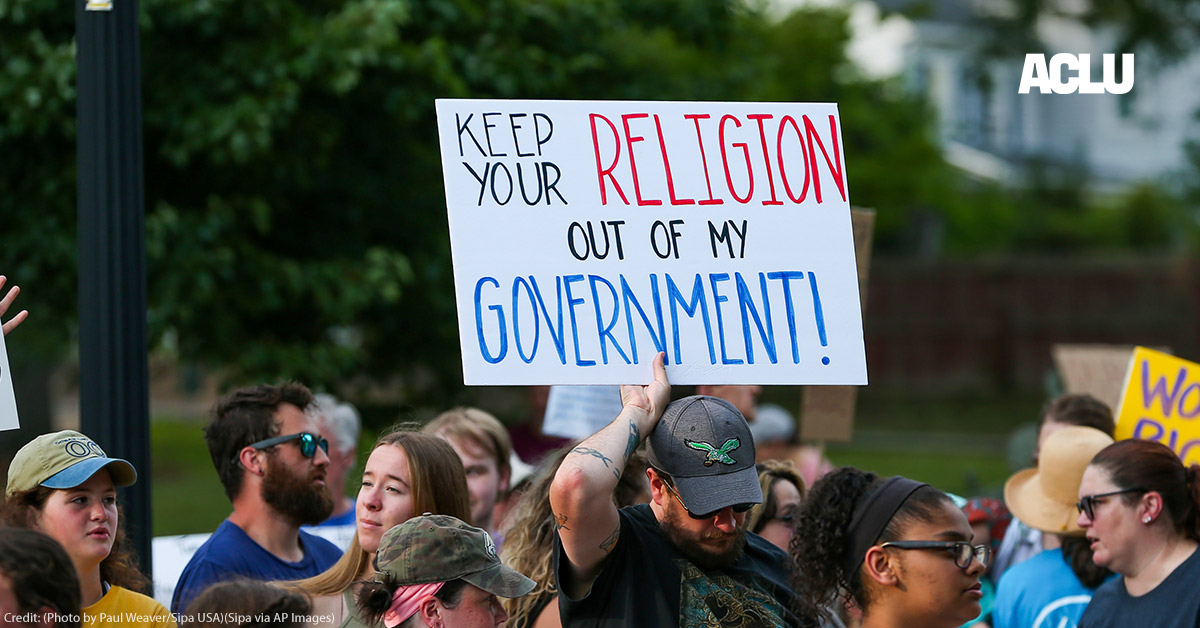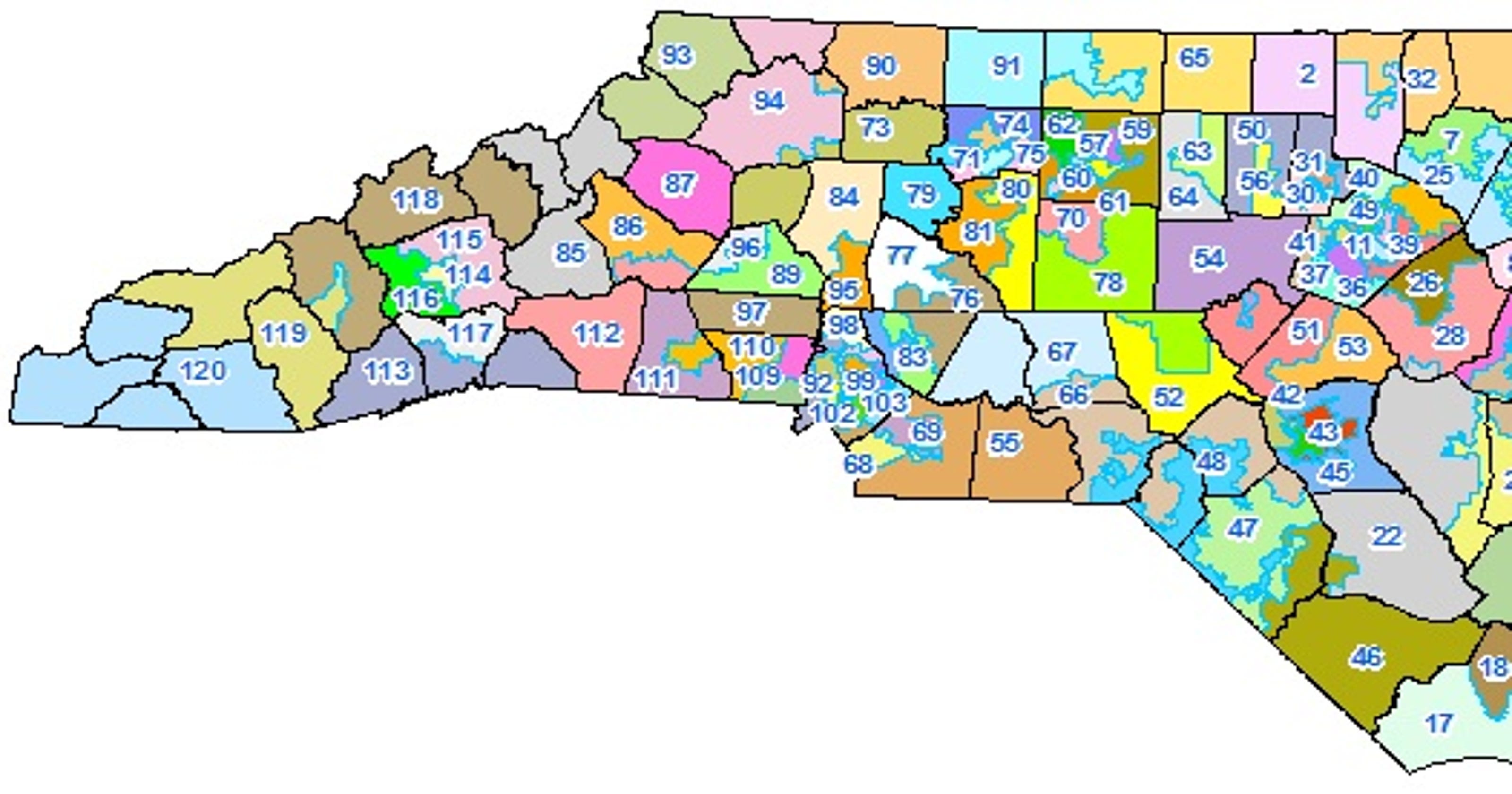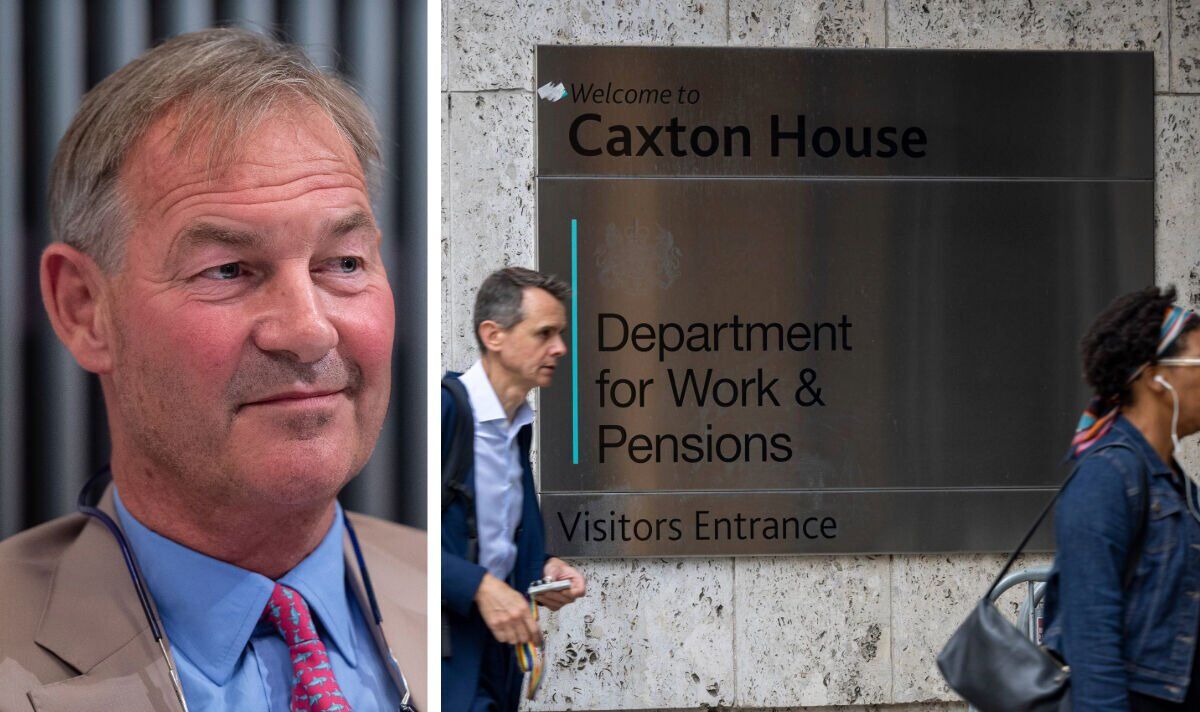The Roberts Court And The Future Of Church-State Separation In America

Table of Contents
Key Cases Shaping the Roberts Court's Approach to Church-State Separation
The Roberts Court's jurisprudence on Church-State Separation is largely defined by a series of pivotal cases that have redefined the boundaries of religious freedom and government neutrality.
Carson v. Makin and the Expansion of School Choice
Carson v. Makin (2022) significantly altered the landscape of public funding for religious schools. The Supreme Court ruled that Maine’s refusal to fund religious schools’ tuition violated the Free Exercise Clause of the First Amendment.
- Ruling: The Court held that excluding religious schools from a tuition assistance program constituted impermissible discrimination based on religious status.
- Implications: This decision has broadened the scope of school choice initiatives and potentially opened the door for increased public funding of religious education across the nation. The ruling has fueled debate concerning the separation of church and state in the context of public education, raising questions about potential government entanglement with religious institutions.
- Dissenting Opinions: Dissenting justices argued that the ruling ignored the Establishment Clause's prohibition against government endorsement of religion, potentially leading to the government funding of overtly religious instruction. This case highlights the ongoing tension between religious freedom and the prevention of state-sponsored religion. Keywords: religious freedom, public education, constitutional law, tuition assistance.
The legal arguments centered on whether the state’s program created a “public benefit” that was unfairly denied to religious institutions. The long-term effect may be a further blurring of the lines between public and religious institutions in the educational sphere.
Kennedy v. Bremerton School District and Religious Expression by Public Employees
Kennedy v. Bremerton School District (2022) addressed the issue of religious expression by public school employees. The Court sided with a football coach who engaged in post-game prayers on the field.
- Ruling: The Court held that the school district violated the coach's free exercise rights by prohibiting his on-field prayers.
- Impact on the Free Exercise Clause: The decision broadened the protection afforded to public employees engaging in religious practices, even in a public context. This ruling has raised concerns about the potential for coercion and the endorsement of religion by government officials.
- Establishment Clause Concerns: Critics argue that the ruling blurs the line between private religious expression and government endorsement, potentially violating the Establishment Clause's prohibition against government establishment of religion. Keywords: free exercise, establishment clause, public employee rights, religious expression, coercion.
The differing viewpoints revolve around balancing the employee's right to religious freedom with the need to prevent the appearance of government endorsement of religion, ensuring students are not coerced into participating in religious activities.
The Court's Shifting Interpretation of the Establishment Clause
The Roberts Court has demonstrably shifted the interpretation of the Establishment Clause, moving away from the strict scrutiny of previous eras.
- Evolution of Interpretations: While past precedents like the Lemon test (secular purpose, neither advances nor inhibits religion, no excessive entanglement) provided a framework, the Roberts Court seems less reliant on these rigid tests.
- Endorsement and Coercion Tests: The Court appears to emphasize the "endorsement" and "coercion" tests, focusing on whether the government is endorsing a particular religion or coercing individuals to participate in religious activities. Keywords: Lemon test, endorsement test, coercion test, Establishment Clause, government neutrality.
This shift in methodology has implications for future cases, as the Court's more flexible approach may lead to different outcomes depending on the specifics of each situation. This flexibility introduces greater uncertainty regarding the precise boundaries of the Establishment Clause.
The Impact of the Roberts Court on Religious Freedom and the Establishment Clause
The Roberts Court's decisions have had a profound impact on the interplay between religious freedom and the Establishment Clause.
Increased Religious Accommodation?
The Court's rulings suggest an increased willingness to accommodate religious practices, even when they may conflict with other interests.
- Religious Liberty: Several cases have shown a focus on protecting religious liberty, even if it requires exemptions from generally applicable laws.
- Religious Exemptions: The Court's decisions have paved the way for broader religious exemptions in areas like healthcare and employment, potentially impacting public policy and creating societal divisions. Keywords: religious liberty, accommodation, religious exemptions.
This emphasis on accommodation raises questions about the potential for religious exemptions to undermine public health regulations or other government interests.
Concerns Regarding the Erosion of the Establishment Clause
Critics argue that the Roberts Court's decisions weaken the Establishment Clause, leading to increased government entanglement with religion.
- Secularism and State Neutrality: Concerns center on the Court's perceived deviation from principles of strict secularism and government neutrality towards religion, favoring a more accommodating approach.
- Separation of Powers: The perceived shift raises concerns about the balance of power between the branches of government, potentially impacting the judiciary’s role as a guardian of Church-State Separation. Keywords: secularism, separation of powers, state neutrality, government entanglement.
These concerns suggest the Court's rulings may lead to a greater degree of government entanglement with religious institutions, potentially eroding the wall of separation between church and state.
The Future of Church-State Separation: Predictions and Potential Challenges
Predicting the future of Church-State Separation requires considering several factors.
- Future Legal Challenges: Numerous legal challenges are expected, focusing on the application of these precedents in various contexts.
- Public Opinion: Public opinion on these issues is divided, further complicating the legal and political landscapes.
- First Amendment Interpretation: Ongoing debate about the correct interpretation of the First Amendment's Religion Clauses will continue to shape future rulings. Keywords: First Amendment, judicial review, constitutional interpretation, religious freedom, legal challenges.
The Court's future decisions will significantly shape the relationship between government and religion in America, impacting diverse aspects of public life.
Conclusion
The Roberts Court's decisions have undeniably reshaped the landscape of Church-State Separation in America. While some argue these decisions promote religious freedom, others express deep concern about the potential erosion of the Establishment Clause and the delicate balance between church and state. Understanding the Court's approach to key cases and the ongoing debate is crucial for safeguarding the principles of Church-State Separation in the years to come. Further research into the implications of these rulings and ongoing legal challenges is essential to inform public discourse and ensure a future where religious freedom coexists harmoniously with the principle of a secular government. Stay informed about the evolving legal landscape surrounding Church-State Separation to ensure continued protection of constitutional rights.

Featured Posts
-
 Fortnite Update 34 21 Server Downtime And Whats New
May 02, 2025
Fortnite Update 34 21 Server Downtime And Whats New
May 02, 2025 -
 Gop Candidates Nc Supreme Court Appeal What It Means
May 02, 2025
Gop Candidates Nc Supreme Court Appeal What It Means
May 02, 2025 -
 135 Years Of Community The Burlington Play Reading Groups Legacy
May 02, 2025
135 Years Of Community The Burlington Play Reading Groups Legacy
May 02, 2025 -
 Cubs Fans Scary Fall From Outfield Wall Hospitalized After Game Incident
May 02, 2025
Cubs Fans Scary Fall From Outfield Wall Hospitalized After Game Incident
May 02, 2025 -
 Sulm Me Thike Ne Ceki Detajet E Ngjarjes Ne Qender Tregtare
May 02, 2025
Sulm Me Thike Ne Ceki Detajet E Ngjarjes Ne Qender Tregtare
May 02, 2025
Latest Posts
-
 Sounesss Double Channel Swim A Powerful Act Of Support For Isla
May 02, 2025
Sounesss Double Channel Swim A Powerful Act Of Support For Isla
May 02, 2025 -
 Political Communication On X An Analysis Of Rupert Lowes Reform Efforts
May 02, 2025
Political Communication On X An Analysis Of Rupert Lowes Reform Efforts
May 02, 2025 -
 Graeme Souness To Swim The Channel Twice Inspired By Islas Condition
May 02, 2025
Graeme Souness To Swim The Channel Twice Inspired By Islas Condition
May 02, 2025 -
 Dundee Man Jailed For Sexual Assault Graeme Sounes Sentenced
May 02, 2025
Dundee Man Jailed For Sexual Assault Graeme Sounes Sentenced
May 02, 2025 -
 Dissecting Rupert Lowes X Strategy Challenges To Political Reform In The Uk
May 02, 2025
Dissecting Rupert Lowes X Strategy Challenges To Political Reform In The Uk
May 02, 2025
